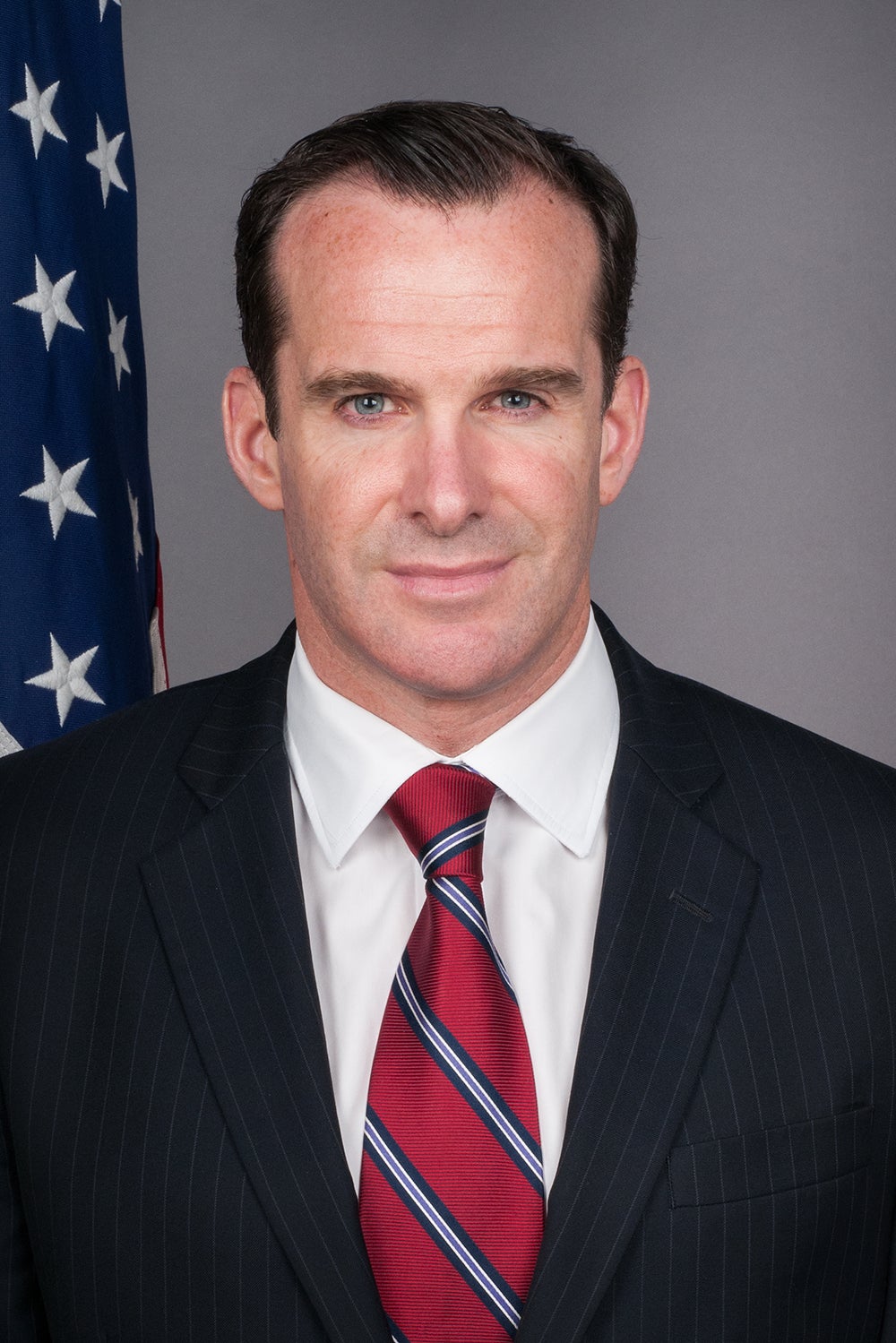Stanford distinguished lecturer Brett McGurk chosen for Middle East role at the National Security Council
President-elect Joe Biden has selected Brett McGurk as coordinator for the Middle East and North Africa at the National Security Council.

Brett McGurk, the Payne Distinguished Lecturer at FSI, will join the National Security Council as coordinator for the Middle East and North Africa. (Image credit: Courtesy FSI)
President-elect Joe Biden and Vice President-elect Kamala Harris announced additional members of the White House National Security Council (NSC) and among their picks is Brett McGurk, the Payne Distinguished Lecturer at Stanford’s Freeman Spogli Institute for International Studies.
McGurk will join the NSC as coordinator for the Middle East and North Africa.
“The National Security Council plays a critical role in keeping our nation safe and secure. These crisis-tested, deeply experienced public servants will work tirelessly to protect the American people and restore America’s leadership in the world,” said President-elect Biden in a statement on the Biden-Harris transition website. “They will ensure that the needs of working Americans are front and center in our national security policymaking, and our country will be better for it.”
“This outstanding team of dedicated public servants will be ready to hit the ground running on day one to address the transnational challenges facing the American people – from climate to cyber,” added Vice President-elect Harris. “They reflect the very best of our nation and they have the knowledge and experience to help build our nation back better for all Americans.”
McGurk has held senior national security posts across the last three administrations. He served as special presidential envoy for the Global Coalition to Defeat ISIS from 2015 to 2018 and special presidential envoy for the U.S. campaign against the Islamic State under President Obama. Before that, McGurk was special assistant to President Bush and senior director for Iraq and Afghanistan, and then the deputy assistant secretary of state for Iraq and Iran.
McGurk’s research focuses on national security strategy, diplomacy and decision-making in wartime. He has also examined the importance of process in informing presidential decisions and the alignment of ends and means in national security doctrine and strategy. At Stanford, McGurk has worked on a book project incorporating these themes.